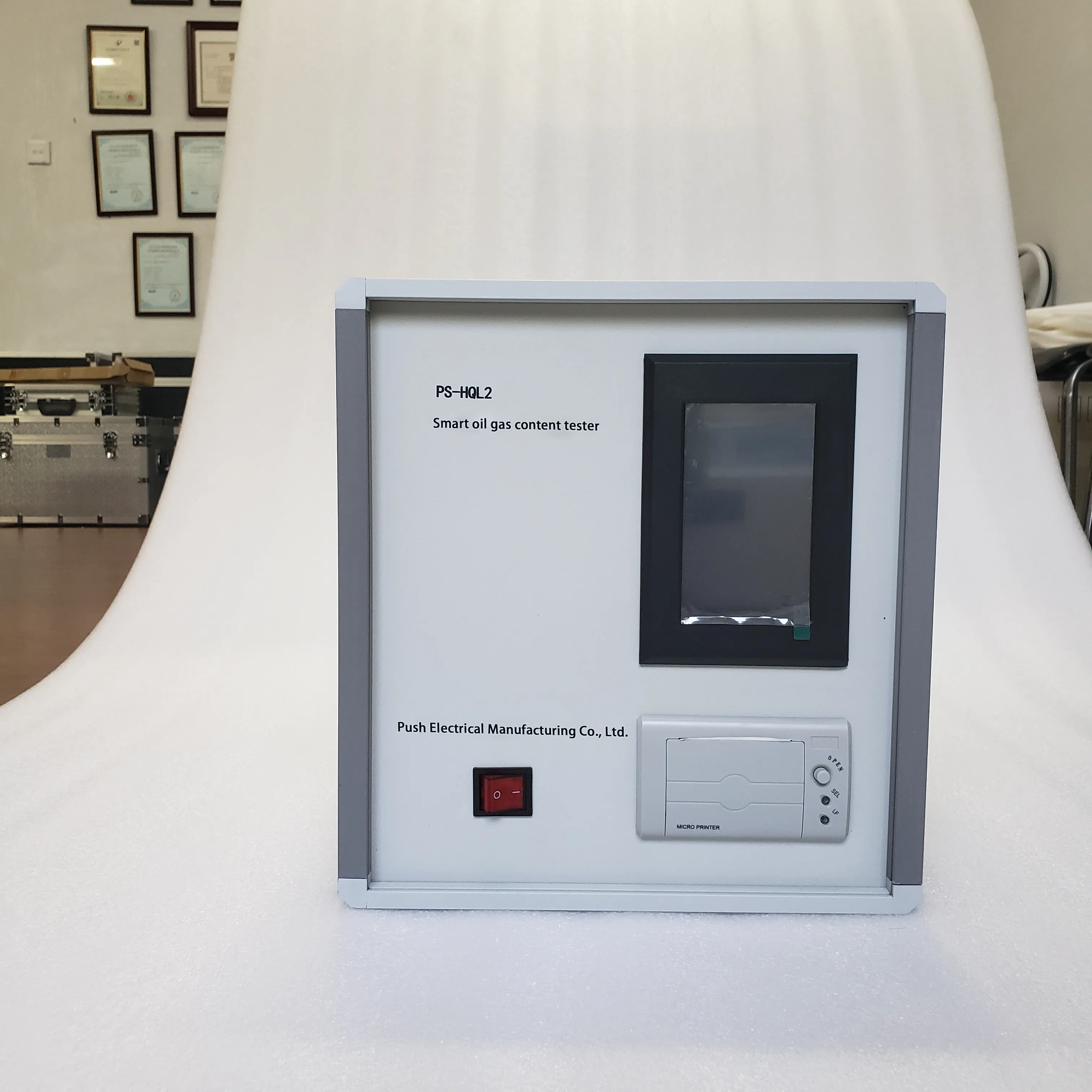TEL:
+86-0312-3189593
 English
English

Telephone:0312-3189593

Email:sales@oil-tester.com

-
 Afrikaans
Afrikaans -
 Albanian
Albanian -
 Amharic
Amharic -
 Arabic
Arabic -
 Armenian
Armenian -
 Azerbaijani
Azerbaijani -
 Basque
Basque -
 Belarusian
Belarusian -
 Bengali
Bengali -
 Bosnian
Bosnian -
 Bulgarian
Bulgarian -
 Catalan
Catalan -
 Cebuano
Cebuano -
 China
China -
 China (Taiwan)
China (Taiwan) -
 Corsican
Corsican -
 Croatian
Croatian -
 Czech
Czech -
 Danish
Danish -
 Dutch
Dutch -
 English
English -
 Esperanto
Esperanto -
 Estonian
Estonian -
 Finnish
Finnish -
 French
French -
 Frisian
Frisian -
 Galician
Galician -
 Georgian
Georgian -
 German
German -
 Greek
Greek -
 Gujarati
Gujarati -
 Haitian Creole
Haitian Creole -
 hausa
hausa -
 hawaiian
hawaiian -
 Hebrew
Hebrew -
 Hindi
Hindi -
 Miao
Miao -
 Hungarian
Hungarian -
 Icelandic
Icelandic -
 igbo
igbo -
 Indonesian
Indonesian -
 irish
irish -
 Italian
Italian -
 Japanese
Japanese -
 Javanese
Javanese -
 Kannada
Kannada -
 kazakh
kazakh -
 Khmer
Khmer -
 Rwandese
Rwandese -
 Korean
Korean -
 Kurdish
Kurdish -
 Kyrgyz
Kyrgyz -
 Lao
Lao -
 Latin
Latin -
 Latvian
Latvian -
 Lithuanian
Lithuanian -
 Luxembourgish
Luxembourgish -
 Macedonian
Macedonian -
 Malgashi
Malgashi -
 Malay
Malay -
 Malayalam
Malayalam -
 Maltese
Maltese -
 Maori
Maori -
 Marathi
Marathi -
 Mongolian
Mongolian -
 Myanmar
Myanmar -
 Nepali
Nepali -
 Norwegian
Norwegian -
 Norwegian
Norwegian -
 Occitan
Occitan -
 Pashto
Pashto -
 Persian
Persian -
 Polish
Polish -
 Portuguese
Portuguese -
 Punjabi
Punjabi -
 Romanian
Romanian -
 Russian
Russian -
 Samoan
Samoan -
 Scottish Gaelic
Scottish Gaelic -
 Serbian
Serbian -
 Sesotho
Sesotho -
 Shona
Shona -
 Sindhi
Sindhi -
 Sinhala
Sinhala -
 Slovak
Slovak -
 Slovenian
Slovenian -
 Somali
Somali -
 Spanish
Spanish -
 Sundanese
Sundanese -
 Swahili
Swahili -
 Swedish
Swedish -
 Tagalog
Tagalog -
 Tajik
Tajik -
 Tamil
Tamil -
 Tatar
Tatar -
 Telugu
Telugu -
 Thai
Thai -
 Turkish
Turkish -
 Turkmen
Turkmen -
 Ukrainian
Ukrainian -
 Urdu
Urdu -
 Uighur
Uighur -
 Uzbek
Uzbek -
 Vietnamese
Vietnamese -
 Welsh
Welsh -
 Bantu
Bantu -
 Yiddish
Yiddish -
 Yoruba
Yoruba -
 Zulu
Zulu
Feb . 15, 2025 01:07
Back to list
transformer oil testing types
Transformers play a crucial role in electrical power distribution, ensuring the seamless flow of electricity from power plants to end-users. Central to the efficient functioning of transformers is transformer oil, a dielectric fluid integral to both insulation and cooling within the transformer. Comprehensive testing of transformer oil is essential to maintaining the health and longevity of these power devices. Below, we explore the various types of transformer oil testing, highlighting their importance and the expertise required to perform them.
Interfacial tension (IFT) testing provides insights into oil oxidation levels and contamination by measuring the oil’s surface tension against water. A declining IFT value often signals developing sludge or deteriorating oil quality. Specialists in this testing field provide expertise in monitoring these values to recommend preventive maintenance, thus prolonging transformer service life and assuring reliability. Furthermore, Furan analysis assesses the degradation of paper insulation within the transformer. Measuring furanic compounds dissolved in the oil provides a window into the condition of internal insulation materials. Technicians well-versed in furan analysis deliver authoritative assessments, enabling proactive maintenance approaches and the prevention of insulation-related failures. Lastly, PCB (Polychlorinated Biphenyl) analysis assures compliance with environmental and safety standards, as PCBs are hazardous chemicals historically used in transformers. Expert handling and detection solidify trustworthiness, ensuring that transformers operate within legal and environmental safeguards. In summary, thorough and regular transformer oil testing is indispensable for optimal transformer performance. This multifaceted diagnostic process, requiring distinct expertise in various testing methods, protects transformers from potential failures, enhances operational efficiency, and ensures compliance with safety and environmental regulations. Whether through proactive maintenance practices or compliance checks, trusted experts play a pivotal role in electrical power continuity and infrastructure safety.


Interfacial tension (IFT) testing provides insights into oil oxidation levels and contamination by measuring the oil’s surface tension against water. A declining IFT value often signals developing sludge or deteriorating oil quality. Specialists in this testing field provide expertise in monitoring these values to recommend preventive maintenance, thus prolonging transformer service life and assuring reliability. Furthermore, Furan analysis assesses the degradation of paper insulation within the transformer. Measuring furanic compounds dissolved in the oil provides a window into the condition of internal insulation materials. Technicians well-versed in furan analysis deliver authoritative assessments, enabling proactive maintenance approaches and the prevention of insulation-related failures. Lastly, PCB (Polychlorinated Biphenyl) analysis assures compliance with environmental and safety standards, as PCBs are hazardous chemicals historically used in transformers. Expert handling and detection solidify trustworthiness, ensuring that transformers operate within legal and environmental safeguards. In summary, thorough and regular transformer oil testing is indispensable for optimal transformer performance. This multifaceted diagnostic process, requiring distinct expertise in various testing methods, protects transformers from potential failures, enhances operational efficiency, and ensures compliance with safety and environmental regulations. Whether through proactive maintenance practices or compliance checks, trusted experts play a pivotal role in electrical power continuity and infrastructure safety.
Previous:
Latest news
-
Testing Equipment Industry Sees Major Advancements in 2025: Smart & Precision Technologies Lead the WayNewsJun.06,2025
-
Applications of Direct Current Generators in Renewable Energy SystemsNewsJun.05,2025
-
Hipot Tester Calibration and Accuracy GuidelinesNewsJun.05,2025
-
Digital Circuit Breaker Analyzer Features and BenefitsNewsJun.05,2025
-
Benefits of Real-Time Power Quality Monitoring Devices for Industrial EfficiencyNewsJun.05,2025
-
Earth Fault Loop Testing in High-Rise Building Electrical SystemsNewsJun.05,2025



